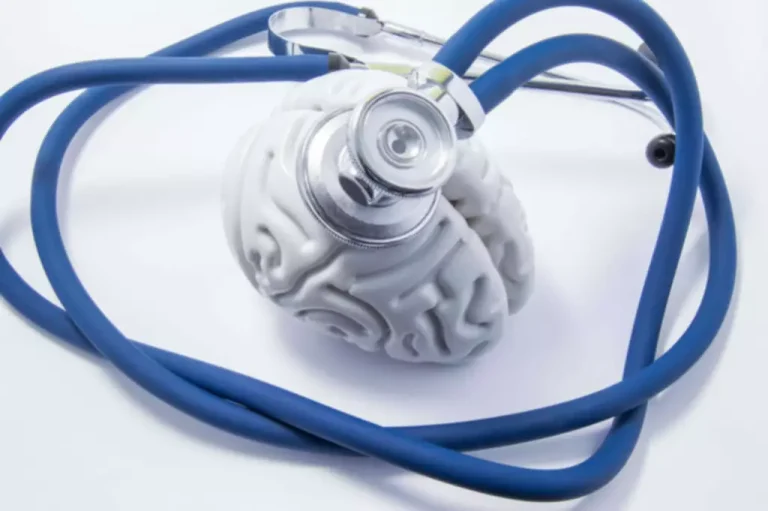Medications that are prescribed to treat nausea can make you feel drowsy, dizzy, and may impair your motor control—symptoms that can also be caused by alcohol. Some drugs (often antihistamines) used to prevent and treat motion sickness can also be purchased over-the-counter. Alcohol can make some medications less effective by interfering with how they are absorbed in the digestive tract.
How does alcohol affect the body?
Some arthritis medicines, when combined with alcohol, can cause ulcers, stomach bleeding, and liver damage. Determining whether you can take medicine before or after drinking alcohol can depend on several factors. For example, the type of medication as well as the type and amount of alcohol can make a difference in how safe or unsafe it is to combine them. Alcohol and medicines can cause harmful effects even if they’re not taken at the same time. Although most drugs are safe and effective when used as directed, it’s important to read warning labels on all medications.
For Severe Pain
It can be helpful to have an honest conversation with your doctor about your alcohol use if you are considering taking statins to manage your cholesterol levels. Digestive problems, rashes, flushing, poor blood glucose management, memory issues, and confusion are other side effects that have been reported. Remember that changing deep habits is hard, takes time, and requires repeated efforts. We usually experience failures along the way, learn from them, and then keep going. Professionals in the alcohol treatment field offer advice on what to consider when choosing a treatment program.
Herbal medicines and alcohol interactions
The FDA approved them to treat seizures, but health care professionals sometimes prescribe them “off-label” for alcohol use disorder. If you’re not sure about the safety of combining alcohol and any medications you’re taking, talk with a healthcare provider to get answers specific to your health and medical history. As with cold and flu remedies, combining alcohol with medications used to treat a cough can cause drowsiness, dizziness, and motor impairment. The explainer how do drugs work effects of the mix can be especially serious—if not deadly—when the cough medicine also contains alcohol. In some cases, a fatal overdose can occur if sleep aids are mixed with alcohol because both substances affect the body’s central nervous system (which controls your breathing, heart rate, and brain function). In addition to worsening the side effects of antidepressant medications, mixing these drugs with alcohol can also make symptoms of depression worse.
However, moderate to heavy drinkers should definitely consider breaking the habit. Individual factors include age, gender, family circumstances and socio-economic status. Although there is no single risk factor that is dominant, the more vulnerabilities a person has, the more likely the person is to develop alcohol-related problems salt loading for bromine detox why iodine can change the world as a result of alcohol consumption. Poorer individuals experience greater health and social harms from alcohol consumption than more affluent individuals. Many people don’t know it, but there are medications that treat alcohol use disorder, the term for the condition that you may know of as alcoholism and alcohol abuse.
Mixing isoniazid and ketoconazole with alcohol can also cause liver damage. A healthcare provider will likely warn you about drinking when you’re prescribed certain medications for bacterial and fungal infections—and for a good reason. Alcohol can make some of the unpleasant side effects of these dangers of mixing adderall and alcohol drugs worse. Use of prescription and non-prescription drugs, as well as herbal remedies, also is extremely prevalent. Partly because of the obesity epidemic, Americans of all ages are taking more drugs to control chronic conditions such as diabetes, high blood pressure, and elevated cholesterol.
- People who are dependent on or abuse alcohol return to its use despite evidence of physical or psychological problems, though those with dependence have more severe problems and a greater compulsion to drink.
- If you experience any complex sleep behaviors or other concerning side effects while taking this medicine, notify your doctor immediately.
- Older people are also more likely to be prescribed medication that interacts with alcohol in the first place.
- Some arthritis medicines, when combined with alcohol, can cause ulcers, stomach bleeding, and liver damage.
Different types of medications interact with alcohol differently and can have harmful effects, even herbal remedies. Whatever kind of medication you’re taking, whether prescribed or over-the-counter, you need to know the risks. When paired with alcohol, muscle relaxers can also cause drowsiness and dizziness. Impaired motor control, unusual behavior, and memory problems are also observed. This class of drugs can cause excessive drowsiness and may put you at risk if you’re driving a car or operating machinery—and that’s without alcohol. When you combine these drugs with alcohol, you’re even more at risk.
Additionally, drinking alcohol can also make the side effects of a medication worse or even cause new symptoms. This is especially true if you are taking a medication that makes you sleepy or causes sedation. The mixture of opiates and alcohol, for example, can cause your breathing to stop and is a common cause of death. Older people are at particularly high risk for harmful alcohol–medication interactions.
Midazolam (Versed) is a preoperative sedative and anesthetic agent often used in the hospital or outpatient surgical setting. Some drugs may be used “off-label”, meaning they are not FDA-approved for these specific conditions, but have been used successfully in therapy. Occasional anxiety over a stressful or uncomfortable event is normal. However, if a person feels disproportionate levels of anxiety or it is present almost continuously, it might be diagnosed as an anxiety disorder. Several years ago, the FDA recommended regular enzyme testing for statin patients. According to the National Center for Health Statistics, 93% of adults in the United States taking a cholesterol medication in 2012 were taking a statin.
The use of alcohol and pain medications like narcotics together can slow or stop breathing (respiratory depression) and may be deadly. Examples of common opioids include codeine, oxycodone, morphine, methadone, fentanyl, and hydrocodone. However, heavy drinkers or those who already have liver damage due to heavy drinking could be at greater risk for more serious side effects.
Also, be sure to review your food and medicine labels to be sure these products do not contain alcohol or ethanol. Always review labels on over-the-counter (OTC) bottles to look for drug interactions between allergy, cough and cold medicine and alcohol. Allergy medicine used with alcohol can also cause or worsen drowsiness.





